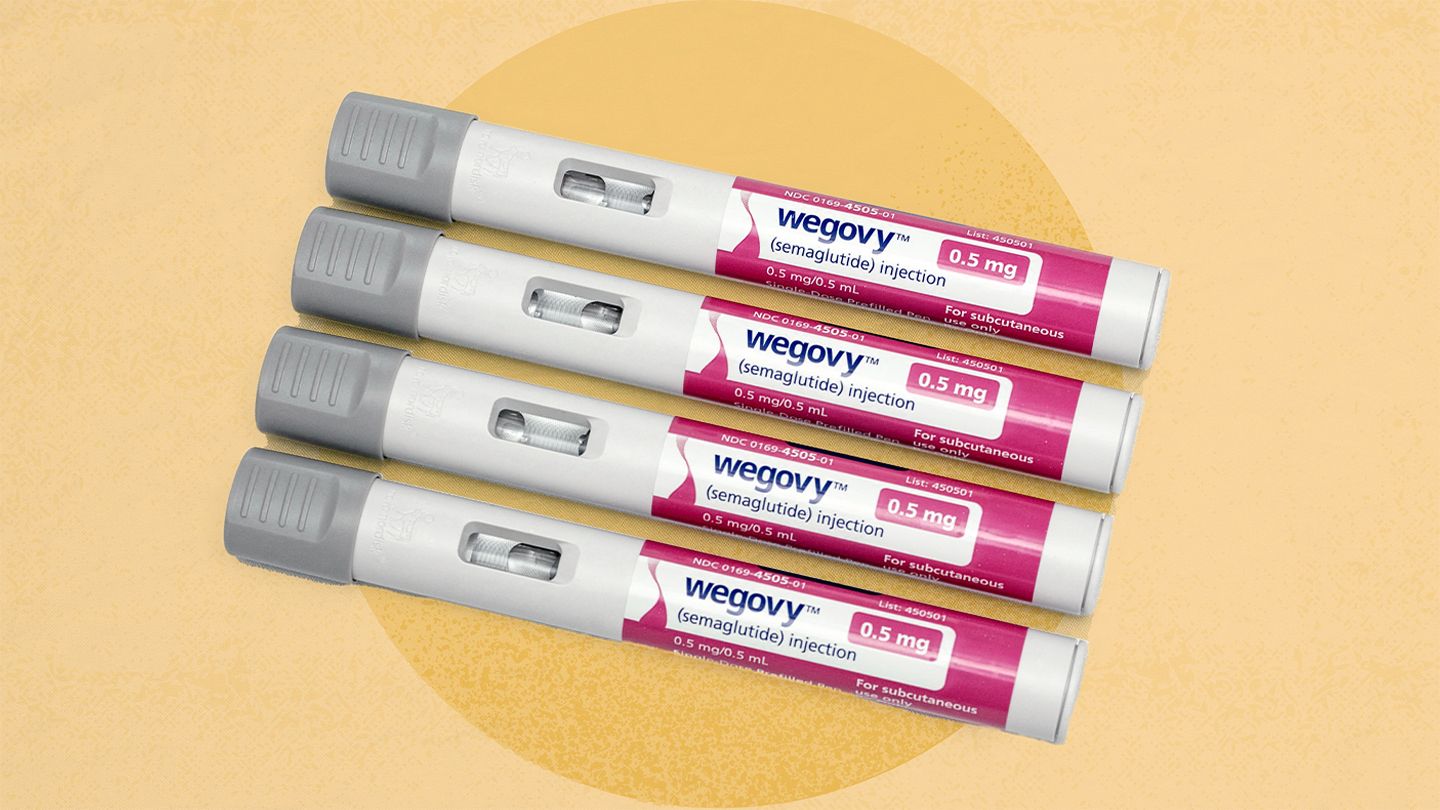
Understanding Water Retention After Starting CPAP Therapy
Continuous positive airway pressure (CPAP) therapy is a common and effective treatment for obstructive sleep apnea. CPAP works by delivering constant airflow through a facial or nasal mask to keep the airway open during sleep. This prevents pauses in breathing, daytime fatigue, and other symptoms caused by OSA.
One possible side effect of CPAP therapy is temporary water retention and weight gain when treatment begins. This is commonly referred to as "CPAP bloat." While frustrating, CPAP bloat is usually minor and often resolves on its own within a few weeks or months as the body adjusts.
What Causes Water Retention on CPAP?
There are a few theories as to what leads to initial water retention with CPAP therapy:
- Improved oxygenation - Untreated OSA strains the cardiovascular system and deprives tissues of oxygen. Restoring oxygen levels may lead to extra fluid in the body's attempt to increase oxygen delivery.
- Hormone changes - Studies show CPAP may increase antidiuretic hormone (ADH) which helps the body retain water. CPAP may also decrease aldosterone which promotes sodium and fluid retention.
- Reduced nighttime urine production - The constant airflow from CPAP can make it difficult to exhale CO2 which may inhibit urine production at night.
How Much Weight Gain is Normal on CPAP?
Most patients gain between 2-10 pounds of water weight in the first 1-3 weeks of CPAP therapy. Any fluid retention is usually temporary and levels off quickly. Significant or ongoing weight gain on CPAP may indicate another underlying issue.
In rare cases, some patients gain 15 pounds or more due to water retention. This excessive temporary bloating generally resolves within 1-3 months with continued CPAP use.
When to Be Concerned About Fluid Retention on CPAP
CPAP bloating beyond the first few weeks that continues consistently may signify an issue that needs medical attention. Contact your doctor if you experience:
- Rapid weight gain of 10+ pounds in 1-2 weeks
- No decrease in fluid retention after 1-3 months on CPAP
- Ongoing increase in edema or swelling, especially in legs
- Shortness of breath or chest tightness
- Significant abdominal bloating or distension
These may indicate heart failure or another condition requiring evaluation. Slow, steady CPAP weight gain could mean fluid intake needs adjusting or another contributing factor needs addressing.
Tips to Minimize Water Retention on CPAP
While CPAP bloating often resolves on its own, there are some proactive steps you can take to avoid excessive fluid retention when starting therapy:
- Restrict fluid intake at night - Avoid drinking 2 hours before bedtime and limit nighttime hydration to small sips if needed.
- Increase daytime fluid intake - Drink more water and hydrating fluids like herbal tea during the day to compensate.
- Reduce dietary sodium - Limit salty foods which can exacerbate fluid retention.
- Eat potassium-rich foods - Foods high in potassium like bananas, avocados, potatoes, and coconut water can help reduce bloating.
- Elevate legs - Prop up your legs while sleeping and sit with your feet elevated during the day to improve drainage.
- Wear compression socks - Gradient compression socks improve circulation and decrease swelling in the legs.
- Increase physical activity - Light exercise improves circulation and prevents fluid buildup.
- Ask about diuretics - Speak to your doctor about short-term water pills if bloating is severe until CPAP adjustment occurs.
Why Water Retention Happens on CPAP
CPAP therapy is highly effective for treating obstructive sleep apnea, but some temporary side effects can occur when treatment begins. Fluid retention and associated weight gain, often nicknamed "CPAP bloat," is one of the more frustrating early CPAP issues.
Fortunately, CPAP water retention is usually mild and resolves on its own within the first month or two of use for most patients. Understanding why this initial bloating occurs and proactively managing fluid intake can minimize discomfort until the body adjusts to regular CPAP therapy.
CPAP Improves Low Oxygen Levels
One cause relates to improved oxygenation. Untreated OSA deprives the body of oxygen at night due to repeated lapses in breathing. This chronic low oxygen state is called hypoxemia.
Starting CPAP quickly restores normal oxygen saturation levels. However, the body may retain extra fluid in response in an attempt to increase oxygen delivery to deprived cells and tissues. This temporary fluid shift causes mild edema and increased body weight.
Hormonal Changes May Trigger Fluid Buildup
Hormonal changes may also play a role in CPAP water retention. Studies indicate CPAP therapy can influence hormones that regulate fluid balance.
One example is increased antidiuretic hormone (ADH) which reduces urination. CPAP may also decrease aldosterone which controls sodium retention and potassium excretion. These hormonal shifts can promote extra fluid buildup and swelling, especially early in treatment.
Decreased Nighttime Urine Output
The constant pressurized air from CPAP can make it more difficult to exhale carbon dioxide, especially for mouth breathers. Higher CO2 levels lead to lower pH in the blood, which directly suppresses urine production.
This reduced nighttime urination causes fluid accumulation. People may notice less frequent trips to the bathroom and smaller urine volumes after starting CPAP therapy.
Managing CPAP Water Retention
For most patients, CPAP water retention is mild and temporary. The bloating is an adjustment reaction that often resolves within 4-6 weeks as the body regulates to regular CPAP use.
But excessive or prolonged fluid retention on CPAP may require proactive steps to avoid discomfort, decreased sleep quality, and other issues like exacerbated heart failure.
Daytime vs. Nighttime Hydration
One strategy is limiting fluid intake before bed when urine output is already reduced, while staying well hydrated during daytime hours.
Avoid consuming any fluids 1-2 hours before going to sleep to reduce nighttime edema. During the day, emphasize hydration and aim for 80+ ounces of total daily fluids.
Just remember to stop drinking water, juice, or other beverages a couple hours before bedtime. This helps compensate for decreased nighttime urination on CPAP.
Sodium and Potassium Balance Are Key
Electrolyte balance also influences fluid retention. Restricting dietary sodium intake from salty foods while increasing potassium intake can lessen bloating.
Potassium-rich foods help counter sodium's fluid retention effects. Great options include bananas, potatoes with the skin, coconut water, avocados, spinach, yogurt, salmon, and beans.
Diuretic Medications Provide Short-Term Relief
For significant CPAP fluid retention not relieved by conservative measures, talk to your doctor about trying a temporary diuretic like furosemide (Lasix).
Diuretics promote increased urination to eliminate excess fluid. Use for 1-2 weeks can help reduce CPAP bloat until the body adjusts.
However, long-term diuretic use is not recommended. The goal is resolving transient fluid retention until CPAP equilibrium is reached.
When to See Your Doctor
Mild water weight gain is normal when starting CPAP. But notify your physician if you experience:
- Sudden increase of 10+ pounds within 1-2 weeks
- No decrease in fluid retention after 1-2 months
- Worsening leg edema that doesn't improve with elevation
- Severe abdominal bloating or swelling
- Trouble breathing or chest tightness
Rapid, severe, or persistent CPAP bloating may indicate an underlying condition like heart failure requiring further evaluation. Catching problems early prevents complications.
Monitor for Signs of Heart Failure
Since OSA already strains the cardiovascular system, increased fluid retention on CPAP needs monitored.
Watch for symptoms like sudden weight gain, swollen legs and feet, shortness of breath, persistent coughing, dizziness, and chest pressure or pain which could signify heart failure.
Cardiac issues require immediate medical attention as extra fluid can accumulate in or around the lungs.
Consider Other Contributing Factors
For moderate CPAP water retention lasting longer than 1-2 months, look at other influences like diet, activity level, medication side effects, and underlying medical conditions.
Ongoing CPAP bloating may warrant evaluation for hypertension, renal dysfunction, venous insufficiency, or liver disease if unexplained. Lifestyle modifications can also help long term.
The Takeaway
CPAP water retention is a common temporary reaction when starting therapy. The bloating results from hormonal changes, decreased nighttime urination, and improved oxygenation.
While frustrating, CPAP bloat usually resolves within 1-3 months on its own as the body adjusts to treatment. Remaining well hydrated during the day, limiting nighttime fluids, reducing dietary sodium, elevating legs, and using compression socks can minimize retention.
Notify your doctor if CPAP fluid retention is severe, rapid, or persists longer than 2-3 months without improvement. Ongoing bloating may indicate an underlying condition or factor needing evaluation.
With proper management, CPAP water retention can be reduced for a more comfortable therapy experience.
FAQs
Why does CPAP cause water retention?
CPAP can lead to temporary fluid retention for a few reasons: Improved oxygenation causes the body to retain water to increase oxygen delivery. Hormonal changes like increased ADH and decreased aldosterone promote fluid buildup. CPAP also decreases nighttime urine output which contributes to bloating.
Is CPAP bloating serious?
In most cases, CPAP water retention is mild and not serious. The fluid buildup is usually temporary and resolves within 1-3 months as the body adjusts to therapy. Severe or persistent bloating may indicate an underlying medical issue needing evaluation.
How much weight gain is normal on CPAP?
Gaining 2-10 pounds in the first few weeks of CPAP use is common and normal. Significant weight gain of 10+ pounds rapidly requires medical attention. Mild water retention usually stabilizes quickly.
How can I minimize fluid retention on CPAP?
Tips to reduce CPAP bloating include: Limit fluid intake before bedtime, stay hydrated during the day, reduce dietary sodium, eat potassium-rich foods, elevate legs, wear compression socks, increase physical activity, and ask about temporary diuretic use.
When should I call my doctor about CPAP edema?
Contact your doctor if you have rapid weight gain, no decrease in bloating after 1-3 months, worsening leg swelling, severe abdominal distension, trouble breathing, or signs of possible heart failure like chest pain. Ongoing issues need evaluation.
